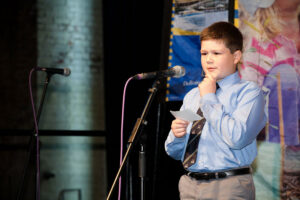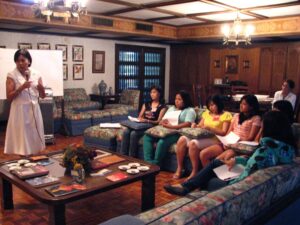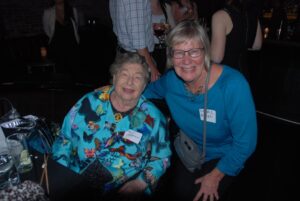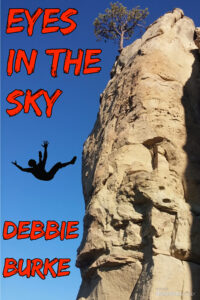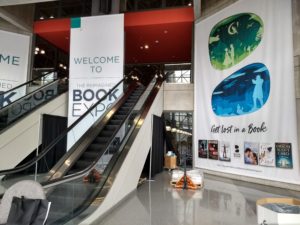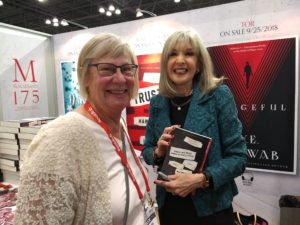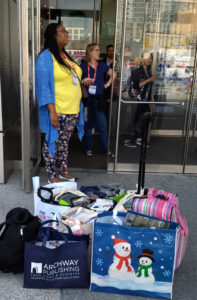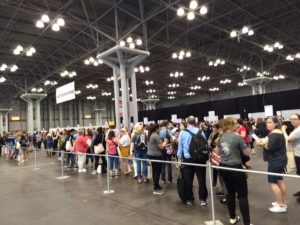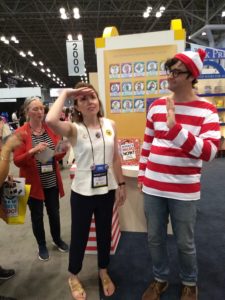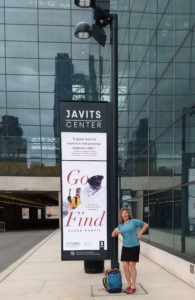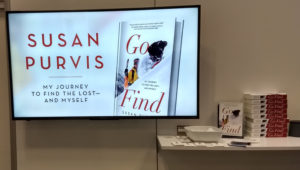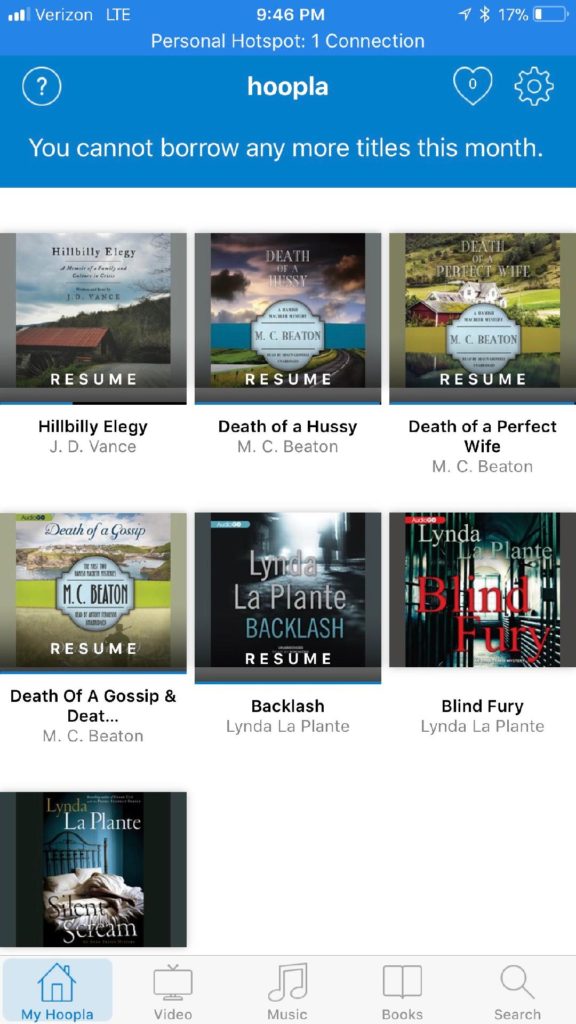By Debbie Burke
Just before the holiday break, TKZ regular Steve Hooley posed a question about public speaking for new authors. He asked:
“I would love to see some discussions here, by TKZ’ers, on the ins and outs, strategies, fine points, etc. etc. of public speaking as part of the marketing of books.”
Glossophobia or the fear of public speaking affects an estimated 75% of people…the other 25% just won’t admit to it!
TKZ’s James Scott Bell and John Gilstrap are seasoned public speaking pros and John discussed the subject in this excellent 2017 post.
I’m writing from a slightly different slant as a relative novice, dealing with newbie problems. I’m fortunate to have a mentor in Susan Purvis, who’s been an educator for decades, speaking on different continents under sometimes primitive circumstances.
Here are a dozen tips I’ve stolen from Susan, mashed up with a few hard lessons I learned myself.
The first six are psychological tricks to ease the anxiety. The rest are practical suggestions to keep presentations running smoothly.
1. Start small with audiences that aren’t intimidating.
For years, I’ve taught workshops to other writers. Because I share their concerns and curiosity, I’m comfortable around them. Those talks feel less like public speaking and more like yakking with colleagues, even if they are strangers. That made the transition easier to larger groups.
Ask a group of friends, coworkers, or family to help you hone your presentation. Once you gain confidence, speaking to strangers feels less awkward.
2. Use low attendance to your advantage.
New authors are usually discouraged when they don’t draw crowds. Instead of feeling disappointed, take that opportunity to get to know your readers on a more intimate basis. Ask questions. What are their interests? What are their favorite books? Why do they love them? Listen and learn. Their likes and dislikes will help you slant future talks to engage your audience.
3. Determine who your audience is.
Steve mentioned his books are middle-grade fantasy. He might offer to talk at his grandchildren’s schools. He can discuss the writing process, where the inspiration comes from, how to world-build, etc. Teaching is not only fulfilling but offers students a different experience that opens new doors in their education. Last fall, Susan and I had a blast talking with junior high students about Nanowrimo.
4. Seek out book clubs and offer to speak to them.
Many are eager to meet the author. The book club atmosphere is less intimidating than an auditorium setting, offering a painless way to ease into public speaking, especially if wine is involved!
5. Use the buddy system.
Bring a pal. A friendly face in the audience is a big confidence helper. Start out addressing that friend as if the two of you are having a conversation. Once you overcome initial jitters then expand to eye contact with more people.
6. Tag team.
Do a joint presentation with another author. If you share a good rapport with your co-presenter, the audience picks up on that. Play off each other. Make the time fun and entertaining.
Here are the nuts-and-bolts practical tips:
7. Learn Power Point.
It’s an easy program that even non-geeks can figure out. Use lots of photos in the presentation. Audiences enjoy seeing locations of the story, maps of the protagonist’s journey, pictures of models who inspired the physical appearances of characters, etc. Even tables of information or fun facts are interesting.
Pictures serve two purposes: first, they provide visual stimulation to the audience; second, they take some of the pressure off you as the speaker since you’re not the entire focus of their attention.
8. Practice, practice, practice.
Time your presentation with a stopwatch.
While you’re speaking, advance the slides so the mechanics of talking and clicking at the same time become automatic. During the live presentation, you may need to return to earlier slides to make points or answer questions. Know the slide order so you don’t waste time madly clicking to find the right place.
9. Don’t wear pearls.
In my first presentation before a large group, I wanted to make a good appearance and dressed up with jewelry I didn’t normally wear. To my horror, every time I gestured, my pearl necklace clacked against the lapel mic. Lesson learned. Avoid dangling or noisy jewelry that interferes with the mic.
Wear comfortable, non-binding clothes. Practice in front of a mirror. Make sure you’re not flashing underwear as you gesture.
10. Dress rehearsal. Testing, testing, one, two, three.
We’ve all attended presentations where the display screen remains black as the speaker fiddles with slides. Next, he or she keeps asking, “Can you hear me?” The mic either stays silent or lets out an eardrum-splitting screech.
To avoid being that embarrassed speaker, visit the venue prior to the presentation. If possible, I go the day before. At a minimum, arrive 30 minutes early to work out the kinks. Don’t show up three minutes before your scheduled start and trust all will be well. It won’t be…guaranteed.
Bring a muffin or latte for the tech person. He or she is your new best friend.
If you use your own computer, make sure the cords have the proper connections to hook up to the venue’s system.
If available, a better option is to put your Power Point on a thumb drive. That way you can test its compatibility with the venue’s computer.
Check out the audio options—podium mic, handheld, or lavaliere. Many devices are wireless but not all. Hook up the mic and figure out if you are tethered by wire or if you can walk around.
11. Tie your book talk into a topic of current news interest.
My recent thriller, Stalking Midas, deals with elder fraud–a charming but ruthless con artist preys on seniors and she’s not afraid to kill to get what she wants.
Elder fraud is a growing problem, affecting not only the victim but families trying to protect them. I created a public service talk based on the fraudster who bilked my adopted mother. The presentation included warning signs and tips to protect oneself and loved ones, connecting the subject to parallels in the novel.
The talk has been well-received by senior communities and I plan to branch out to service organizations.
Relating your book to a timely news event accomplishes two goals—you reach audiences beyond the narrow group of your target readers. It also takes the selling pressure off.
I have trouble asking people to buy my books. But if my talk gives them value because they learned something, it’s easier to say, “Oh, by the way, my books are for sale at the table in the back.”
12. Giveaway bonuses.
People love freebies. The prize doesn’t need to be large. Susan brings a bag of wrapped candies to her talks. When she asks questions, she tosses a treat to the person who gives the correct answer. That promotes fun interaction with the audience and loosens them up.
Incorporate a contest into your talk. The winner can be random (“Who has a birthday today?”) or it can be a reward for an audience member who asks a great question or shares a fascinating anecdote.
A signed paperback copy or a gift code for a free download of your book makes a memorable prize.
Generally, the more interaction a speaker has with the audience, the better received the presentation is.
~~~~
How about you, TKZers?
What scares you the most about public speaking?
Do you have a favorite tip to ease anxiety?
~~~~
A memorial shout-out to Scottish-born author M.C. Beaton who passed away on December 30, 2019. She wrote hundreds of novels, from Regency romances to detective series. Her books have sold more than 21 million copies worldwide. Two of her characters, Hamish MacBeth and Agatha Raisin, inspired popular TV series.
I had the good fortune to meet this delightful lady in New York City in 2018. She is an inspiration to us late-blooming authors, proving age is no barrier and can, in fact, be an asset to successful writing.
Per a statement from her publisher Little, Brown: “She hated being referred to as a ‘cosy’ writer, saying that if anyone called her books cosy she’d give them a Glasgow Kiss.”
Gotta love that spirit!
~~~~
Eyes in the Sky, book #3 in the series Tawny Lindholm Thrillers with a Heart by Debbie Burke, is now available for pre-order (publication date January 23, 2020) at this link.

